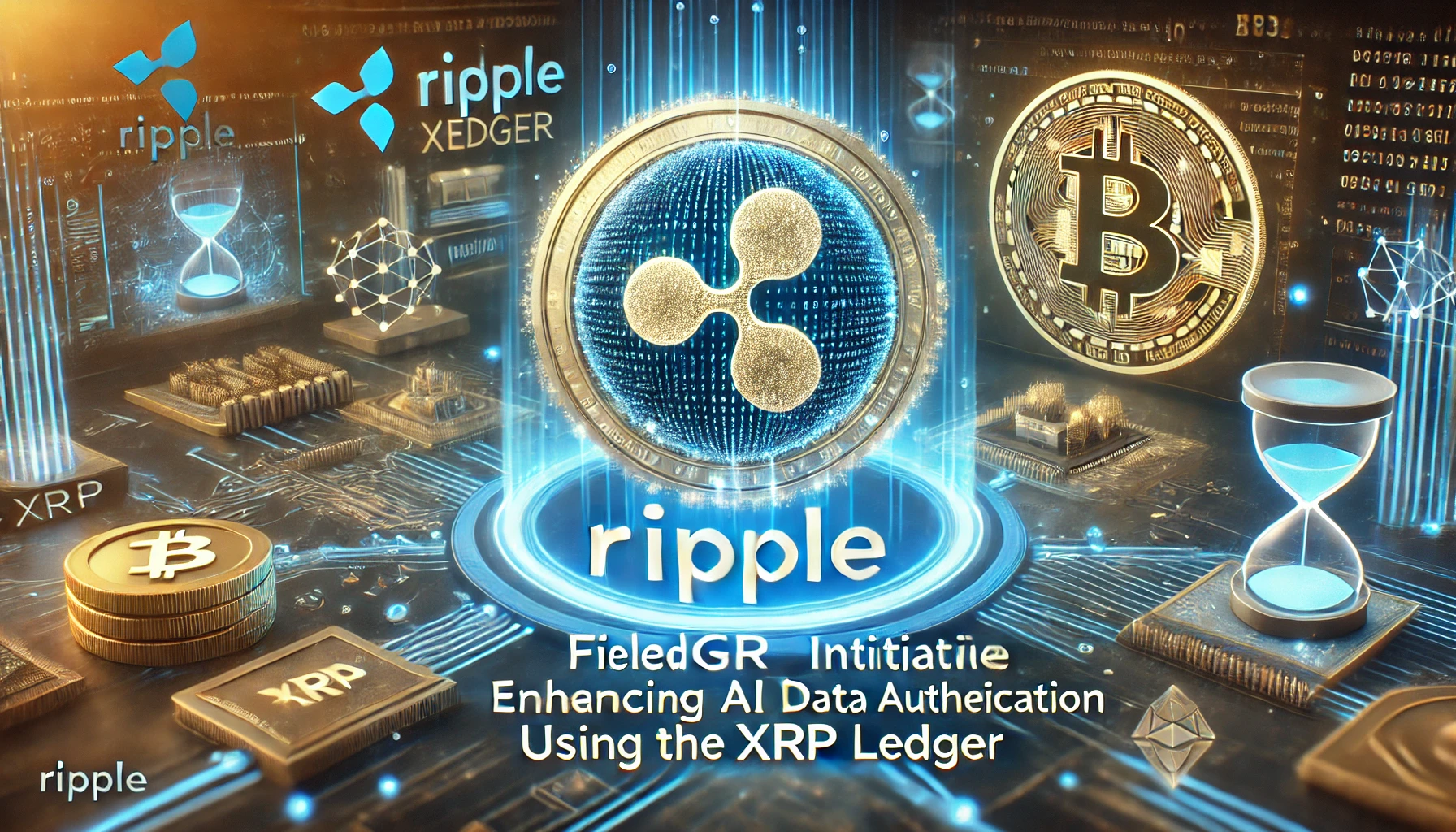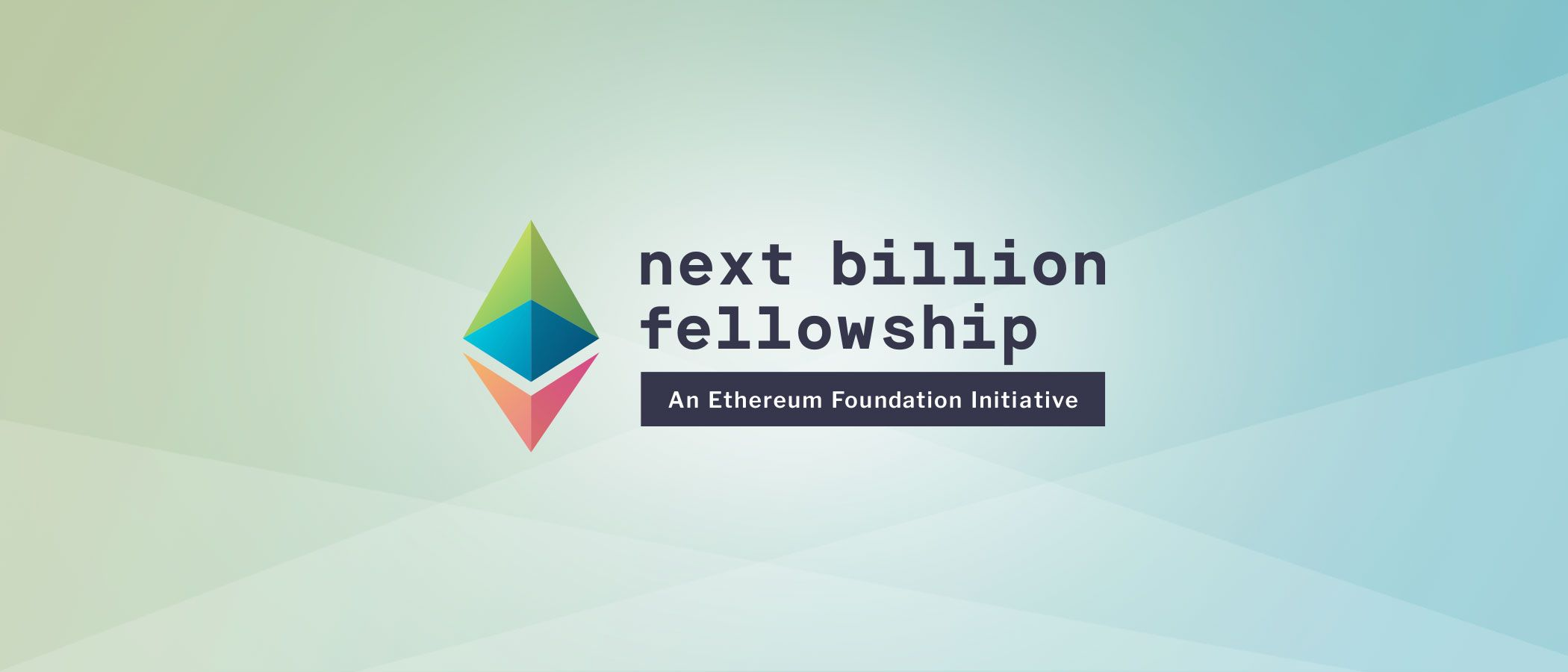The following is an update from Ethereum Foundation Fellow Marcus AM.
Hola ?, my name is Marcus and I’m a researcher and builder from Guatemala, and an EF Fellow. An optimist at heart, I’m driven by leveraging social, cultural and technological innovation to build better societies – a conviction I’ve held from a young age.
Guatemala: A Country of Challenging Opportunities
As a child, I would spend my weekends accompanying my father to visit many of Guatemala’s most desolate townships. At the time, he ran a non-profit whose mission was to deliver last-mile healthcare and establish educational programs. The community we most often visited was the town of Puntarenas.
To reach Puntarenas, we used to travel up to three hours by boat through dense mangrove forests to arrive at a village deep in the jungle. When we first started visiting, the community in Puntarenas had limited access to clean water, no healthcare or educational infrastructure, and minimal economic activity.
Established during the civil war, the people of Puntarenas sought refuge from the violence and massacres that took the lives of over 200,000 innocent civilians throughout the country. For the time being, I’ll spare you the harsh reality of the US intervention in Latin America (and beyond) during the Cold War, but if you’re interested in learning more about the subject, I would highly recommend Schlesinger and Kinzer’s book Bitter Fruit.
Over the years, we worked with the community of Puntarenas to deliver medical and dental campaigns, establish a healthcare clinic, build housing, and raise funds for infrastructure investments, including a school run by the community.
Fast forward a couple of decades and Puntarenas is now a self-sufficient village, where the families have access to education, healthcare, water, and energy (delivered by solar panels that even power a few computers at the school)! What is happening in Puntarenas is a reminder that access to basic dignified services can make a huge impact in a community, even in the most dire of situations.
The story of Puntarenas depicts the reality of Guatemala – a beautiful country, full of culture, rich heritage, and stunning landscapes. Upon first impressions, Guatemala also appears to be a relatively wealthy country; in fact, we have the highest GDP in Central America and, at one point, the highest number of helicopters per capita globally.
Unfortunately, the socio-economic fabric of Guatemala paints an entirely different picture. We are a country that faces extreme inequality, onset by a violent 36-year long civil war and a history of exploitation and corruption. Throughout Guatemala’s rural and primarily indigenous regions, it is not uncommon to encounter communities that, like Puntarena once, have been cut off from basic services such as running water, energy, shelter, healthcare, education, and food. Despite these challenging conditions, people in these regions strive towards creating better livelihoods for themselves and those around them.
Impact Starts at Home
One of the biggest challenges to development is the fact that over 19.6 million people in Guatemala live in desolate living conditions. In the most extreme cases, multiple generations have to share a single room, where open-fire stoves pollute the air, and where sanitation is an afterthought (if existent at all).
We believe that providing dignified housing is at the root of building better futures for all. After all, our homes are where we spend most of our time, where we learn, where our families come together, and where dreams are born.
This is why a group of life-long friends and I are working on an initiative called Lamina POP. Lamina POP is a patented construction technology that utilizes commonly-found construction materials in innovative ways to build cheap, light-weight, and architecturally sound homes. The technology is simple and can be deployed in even the most remote areas of Guatemala.
Working with our partners, including Habitat for Humanity, the University of Cambridge, and Stanford, Lamina POP’s system is drastically improving the wellbeing of those for whom we build homes. Collectively, we believe that a home is so much more than four walls – it is the opportunity to deliver a renewed sense of optimism and growth.
The outcomes of dignified housing are palpable. From enhancing educational outcomes, reducing the environmental impact of housing, through to improving psychological well being, we’ve seen the amazing driver of development that the Lamina POP system can provide. As we continue to develop, we’re excited by the prospect of delivering more innovation-led solutions throughout Guatemala and beyond.
Despite our efforts, we have found that one of the key barriers to mass adoption of innovative solutions like Lamina POP’s is the lack of financial infrastructure and education in disenfranchised communities. Although Lamina POP’s solution is 30{520ebc7d04367f10067c097a94259816cd1e6df76ec40212834858ca2e1af940} cheaper than any other leading low-cost housing alternatives, the people we aim to build housing for are unable to access loans with low-interest rates to invest in a home for their families.
Many of the financial transactions that take place throughout these communities happen in the ‘informal’ economy. Payments are made with cash, debts are not recorded, and goods and services sit well outside the purview of financial institutions. Sending payments, accessing low interest-rate loans, building a credit history, and tracking commerce becomes nearly impossible with the current financial infrastructure in Guatemala. Operating in the ‘informal’ economy keeps the door closed for everyday people to leverage personal loans, business investments, let alone a mortgage.
As a consequence, many of these individuals rely on predatory lenders (among them traditional financial institutions), which often exploit vulnerable populations for their own benefit. It is not uncommon throughout Latin America to find loan sharks who will lend at a 20{520ebc7d04367f10067c097a94259816cd1e6df76ec40212834858ca2e1af940} monthly interest rate. Crippling debt leaves many in precarious situations forcing them to lose property deeds, to fall into delinquency, or even worse, to take their own lives.
Can Crypto Help?
Among many things, crypto’s promise is to create new, more equitable economic models that can benefit everyone, not just the wealthy and powerful. Some see DeFi’s promise as being able to provide financial services to those who may not have access to traditional financial instruments in emerging economies around the world, including some of the world’s most disenfranchised communities.
If you’re reading this, chances are that you’re optimistic about the potential of technology to address some of these problems. Maybe that means decentralized networks that fundamentally revolutionize the way we interact with ourselves, each other, and systems of power. Or maybe it simply means apps that use new and more accurate types of digital information to assess someone’s creditworthiness so they can get a decent interest rate on a small loan. I think the reality will be somewhere in-between.
In its current form, it is a stretch to say that DeFi is ready to provide viable new pathways to financial inclusion at scale. We face huge barriers to digital and financial literacy, institutional trust, and substantial challenges on the user experience front. But in spite of the state of where the industry currently stands, I believe that we have everything within reach in order to build solutions that are tailored towards communities such as Puntarenas.
My Next Billion Fellowship
I have spent the last few months actively exploring ways to break down this barrier of financial empowerment by leveraging the power of Ethereum. My goal is to research a number of viable solutions powered by cryptographic technologies for financial inclusion and access to credit to ultimately enable human flourishing across Guatemala and beyond.
I have been researching which money legos might be useful in a place like Puntarenas and throughout the rest of Guatemala. In particular, I have been exploring the barriers to adoption and potential solutions that could be used to unlock peer-to-peer lending for those without access to more equitable financial mechanisms.
To date, as a part of my research I have spoken with members of hundreds of crypto projects including those leading DeFi protocols, DAOs, identity and scaling solutions, and other core developers, designers, wallet builders. Additionally, I’ve held conversations and interviews with local leading projects, government offices, and international NGOs throughout Guatemala and other emerging economies to understand where they may see crypto acting as a catalyst for new means of coordination and equitable financial services.
This research has been incredibly insightful and has allowed me to gain a better understanding of the current state of DeFi and the wider crypto ecosystem’s potential in emerging economies.
Next Steps
Currently, I am preparing an open source report that will provide a detailed understanding of the current crypto landscape and offer recommendations on how to best utilize crypto to unlock more financial inclusion, particularly for those in emerging economies. I will be publishing the final report by the first week of March (just in time for ETHDenver), so keep your eyes out for that!
In addition to the written report, I will be publishing an audio-visual series that will feature a diverse set of stakeholders. This includes crypto-native thought-leaders and builders, those deploying solutions in emerging economies that leverage crypto, and of course the last-mile communities and organizations that would ultimately benefit from this technology.
The report and video series I am creating is primarily aimed for builders in crypto who would like to best understand the landscape of the technical, education, and social challenges and opportunities that should be considered; as well as impact-led organizations throughout emerging countries that seek to understand how crypto may specifically benefit their efforts and initiatives.
To stay up to date on the latest findings from the research via email and contribute to the report, you can subscribe and mint a free NFT on Mirror. Let’s also connect on Twitter!



